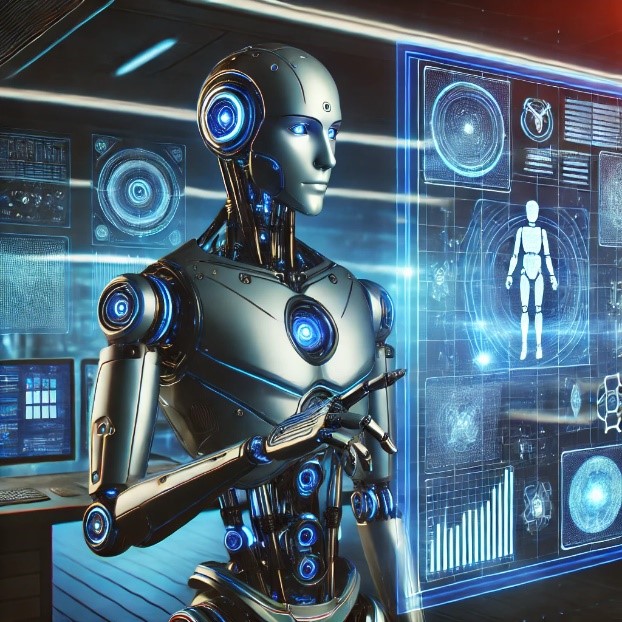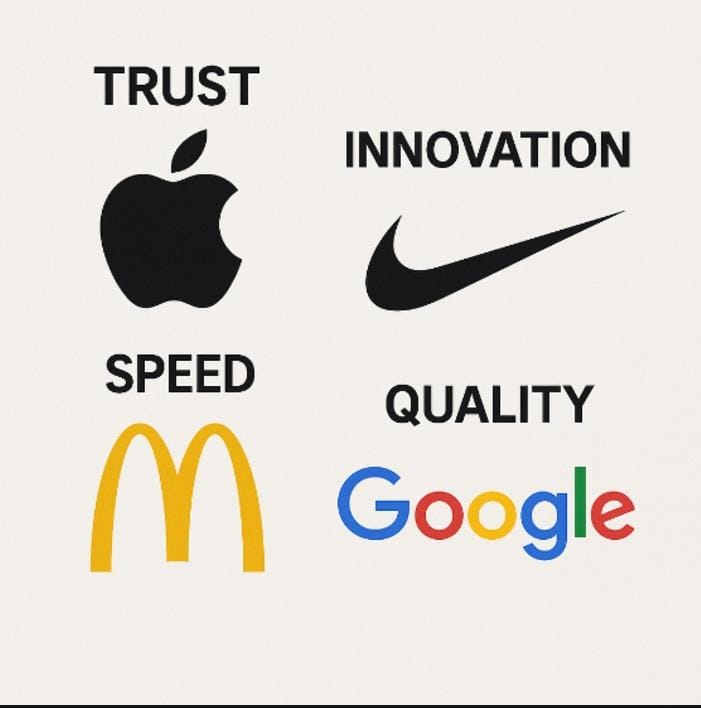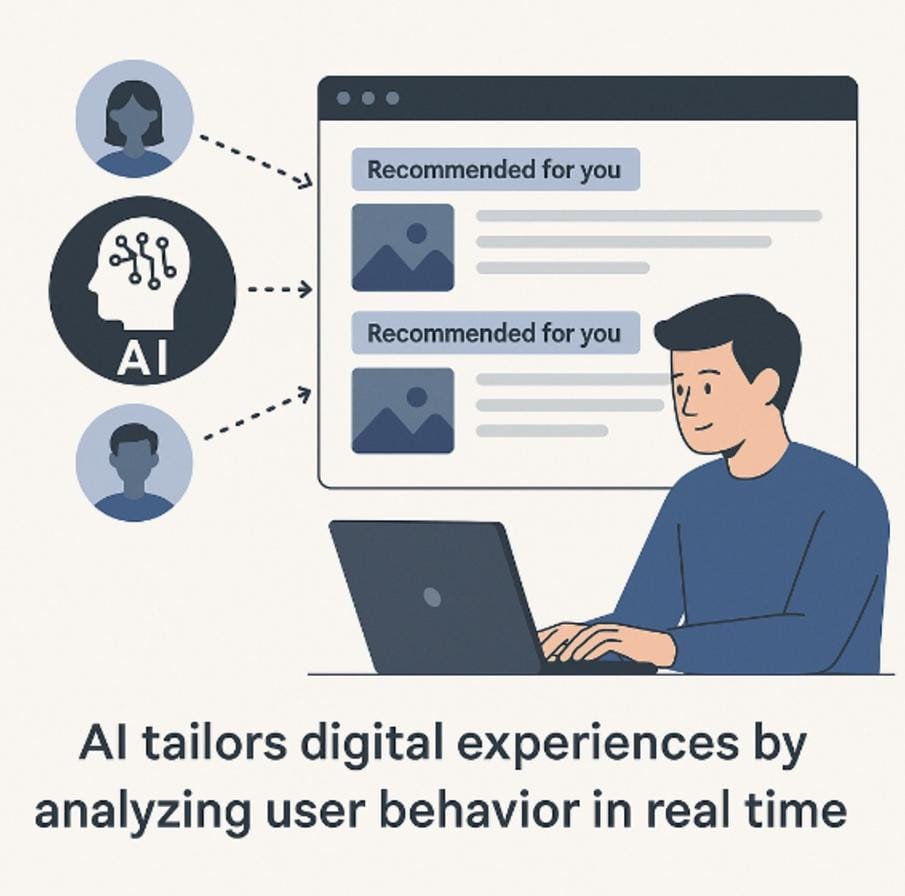Artificial Intelligence: A Transformative Force

Artificial Intelligence (AI) has revolutionized the manner in which we live, work, and interact with one another. From virtual assistants to autonomous vehicles, AI has become an integral component of our daily lives. This blog will delve into the realm of AI, exploring its definition, types, applications, benefits, and challenges.
Defining Artificial Intelligence
Artificial Intelligence refers to the development of computer systems capable of performing tasks that typically require human intelligence, including:
- Learning
- Problem-solving
- Reasoning
- Perception
- Language comprehension
Types of Artificial Intelligence
Several types of AI exist, including:
1. Narrow or Weak AI: Designed to perform a specific task, such as facial recognition or language translation.
2. General or Strong AI: Aims to perform any intellectual task that a human can, including reasoning, problem-solving, and learning.
3. Superintelligence: Significantly more intelligent than the best human minds, potentially leading to exponential growth in technological advancements.
Applications of Artificial Intelligence
AI has numerous applications across various industries, including:
1. Healthcare: Diagnosis, treatment, and patient care.
2. Finance: Risk management, trading, and customer service.
3. Transportation: Autonomous vehicles, route optimization, and traffic management.
4. Education: Personalized learning, grading, and student assessment.
5. Customer Service: Chatbots, virtual assistants, and sentiment analysis.
Benefits of Artificial Intelligence
The benefits of AI are numerous, including:
1. Increased Efficiency: Automation of repetitive tasks.
2. Improved Accuracy: Reduced errors and enhanced decision-making.
3. Enhanced Customer Experience: Personalized services and support.
4. Cost Savings: Reduced labor costs and improved resource allocation.
5. Innovation: New products, services, and business models.
Challenges of Artificial Intelligence
While AI offers numerous benefits, it also poses several challenges, including:
1. Job Displacement: Automation of jobs and potential unemployment.
2. Bias and Discrimination: AI systems can perpetuate existing biases.
3. Security and Privacy: AI systems can be vulnerable to cyber attacks.
4. Ethics and Accountability: AI decision-making and accountability.
5. Regulation and Governance: Need for regulatory frameworks and standards.
Conclusion
Artificial Intelligence has the potential to transform industries and revolutionize the manner in which we live and work. While challenges exist, the benefits of AI far outweigh the risks. As AI continues to evolve, it is essential to prioritize ethics, accountability, and regulation to ensure that AI benefits humanity as a whole.
Latest Blogs

The power of logos: more than just a pretty picture

Why email marketing automation is a game- changer for businesses in 2025

Web design evolved: the impact of artificial intelligence

Why Responsive Web Design is Crucial for Your Business

PRODUCT REVIEWS: A POWERFUL TOOL FOR INFORMED DECISION- MAKING